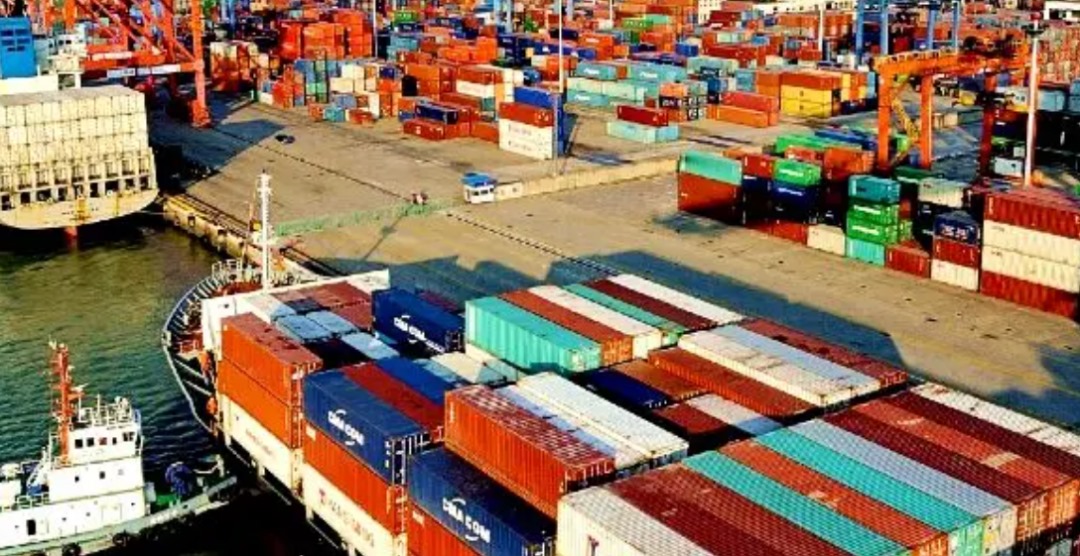The News Chronicle (TNC) understands that an unofficial and poorly controlled vessel leasing system could be causing Nigeria’s maritime industry to lose more than $500 million annually.
Insufficient monitoring, a lack of qualified personnel in vessel chartering, and a failure to follow worldwide compliance standards are thought to explain this startling loss.
Rising inefficiencies in ship brokerage and chartering operations have alarm from maritime professionals and stakeholders, who say they are hurting total sector growth and income generation. TNC discovered that these inefficiencies result mostly from a lack of organized control and the prevalence of inexperienced people working inside the system.
Seasoned offshore vessel specialist Captain Tami Adu emphasized how the lack of compliance monitoring—especially for the required two percent cabotage tax on vessel contracts—has rendered the system vulnerable to major leaks. He asserts that precisely trained and certified shipbrokers could bridge this divide by guaranteeing correct tax payments and documentation of vessel charter deals. Through these gaps, Nigeria loses well over $500 million yearly, according to Adu.
He also said many local operators disregard internationally recognized certification criteria, therefore causing subparly carried out projects and underperforming ships. This degrades safety and professionalism in marine logistics as well as impacts income.
TNC also learned from Sesan Ajayi, Chairman of the Nigerian branch of the Institute of Chartered Shipbrokers (ICS), that nearly twice the 12% worldwide average, Nigeria’s logistics expense makes up 23% of its GDP. He said this was due to inefficiencies that professional shipbrokers competent in contract structuring, vessel sourcing, and market analysis might address.
Nevertheless, Ajayi showed that Nigeria now has fewer than 40 certified shipbrokers, whereas many untrained people participate in the trade, exposing the sector to dangers and lowering the country’s chances of using regional trade pacts like the African Continental Free Trade Area (AfCFTA).
Adding to this, Abdulrasak Arije, a senior ICS member, encouraged the government to partner with qualified professionals for disbursing the Cabotage Vessel Financing Fund (CVFF). He stressed that trustworthy intermediaries with expertise in vessel valuation and commercial structuring are critical to managing ownership risks and increasing transparency.
TNC ultimately realizes that realizing Nigeria’s maritime capability calls trained professionals, strong regulation, and a refreshed dedication to professionalism in addition to policy.



